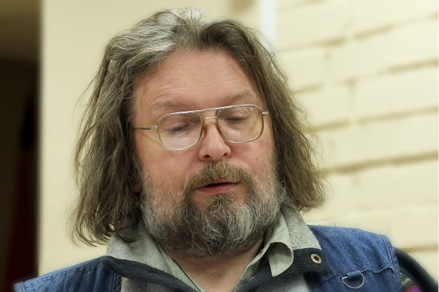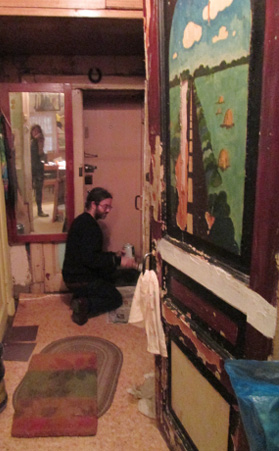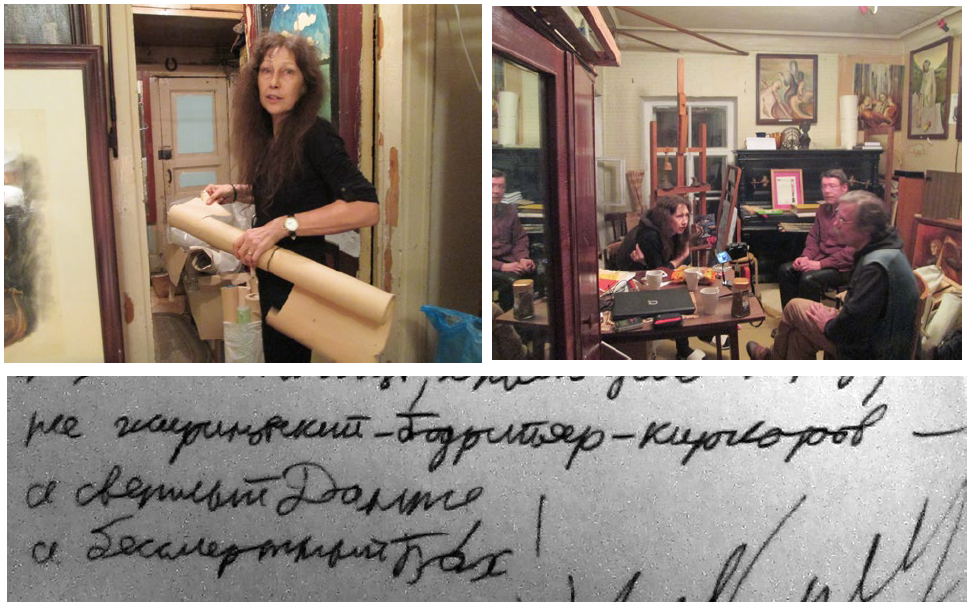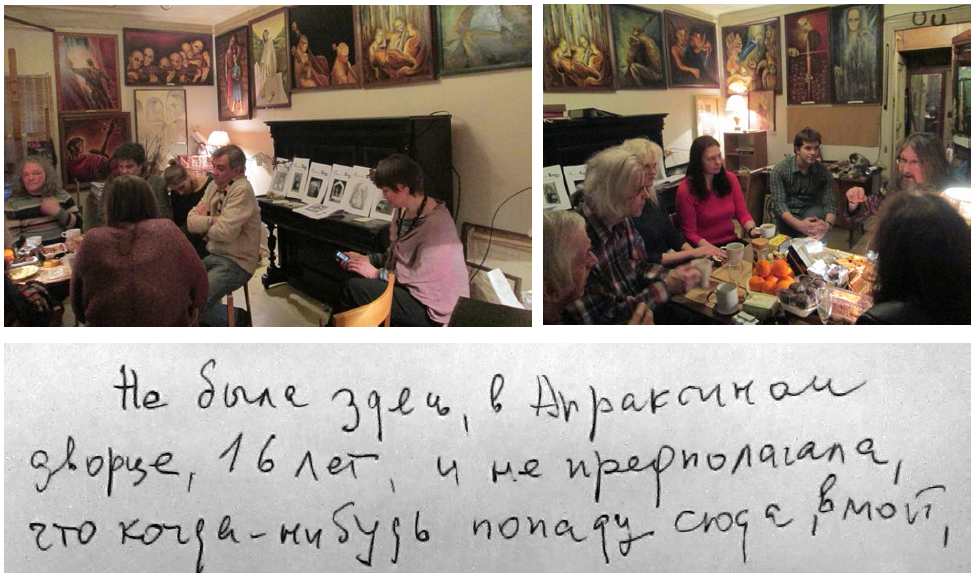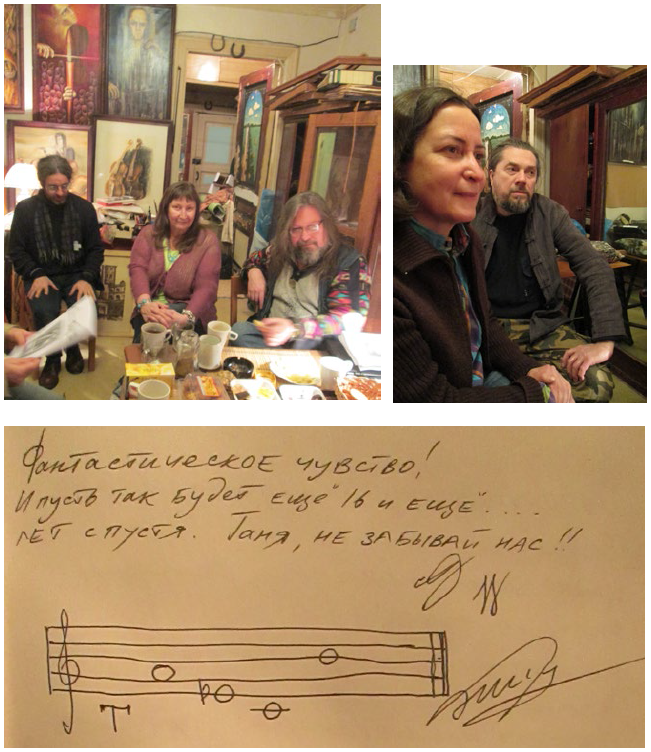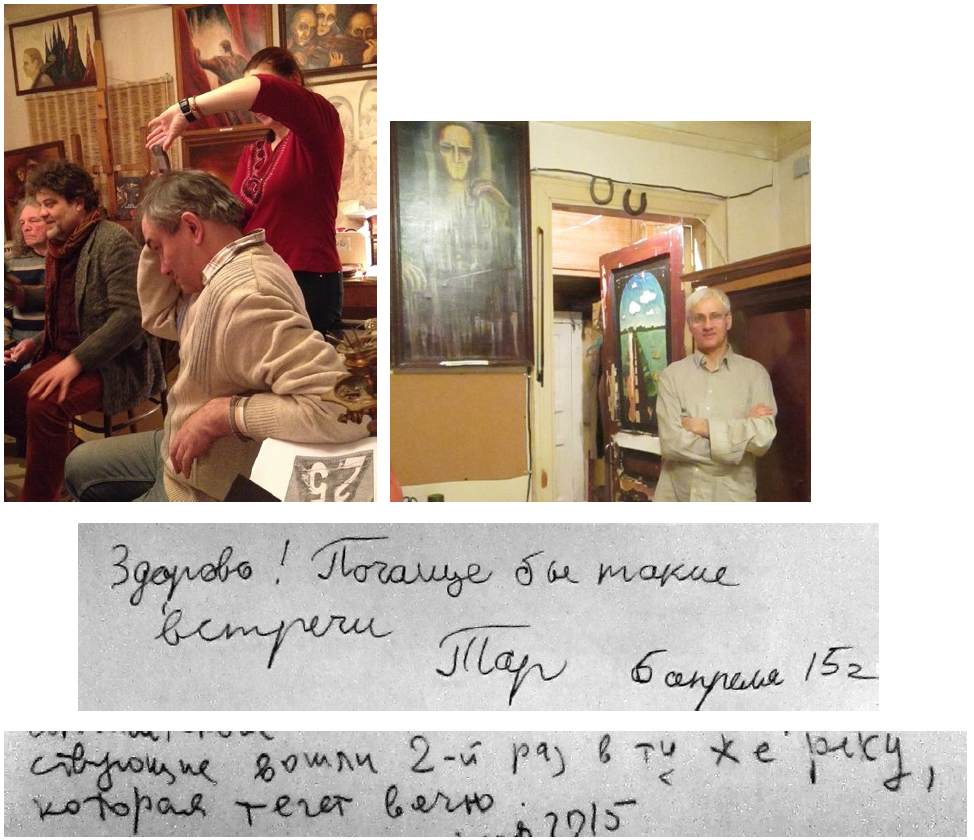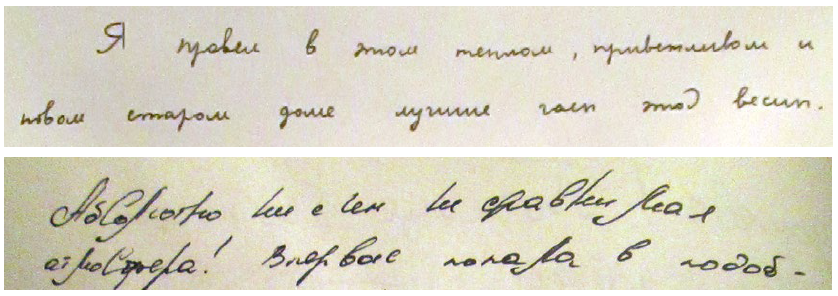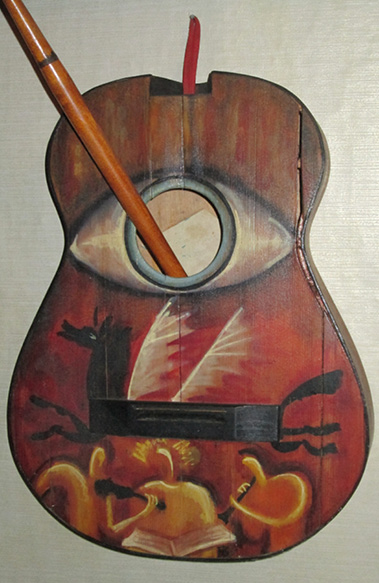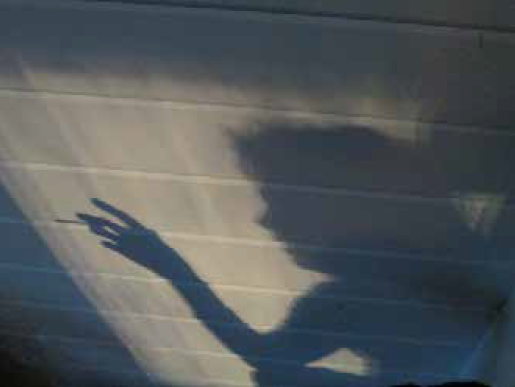
We translate everything and everyone.
We translate time, translate transferred funds — words and stones, emotions and day/nights, our selves and associates… Which go to what? Into what?.. What for?..
Where to? Mind’s and reason’s translatability often gets spent — like a year on a day — on a shadow…
Translating trains of meanings and the track switches of time — in time, out of time — into a riverbed never running dry… — this gives translation to a line of that ALWAYS where an instant never bows to the minutes of taste (or lack of it).
And even before the letter A appears, and before the note A first floats below the vault, we manage to touch the steering wheel so translation strikes a spark of thought.
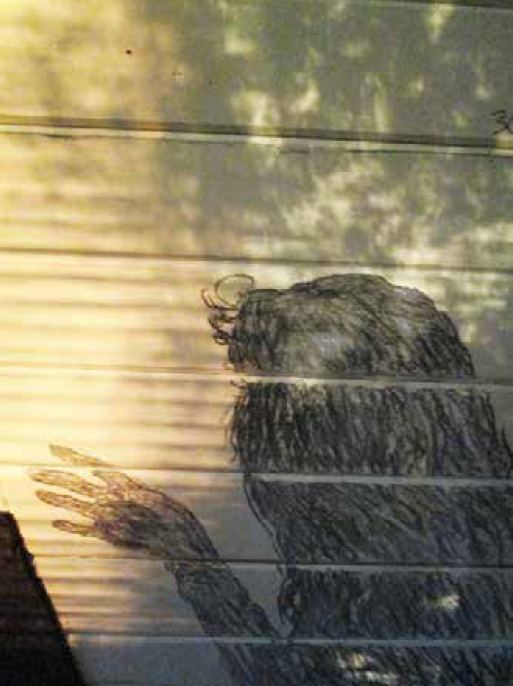
— T. Apraksina

